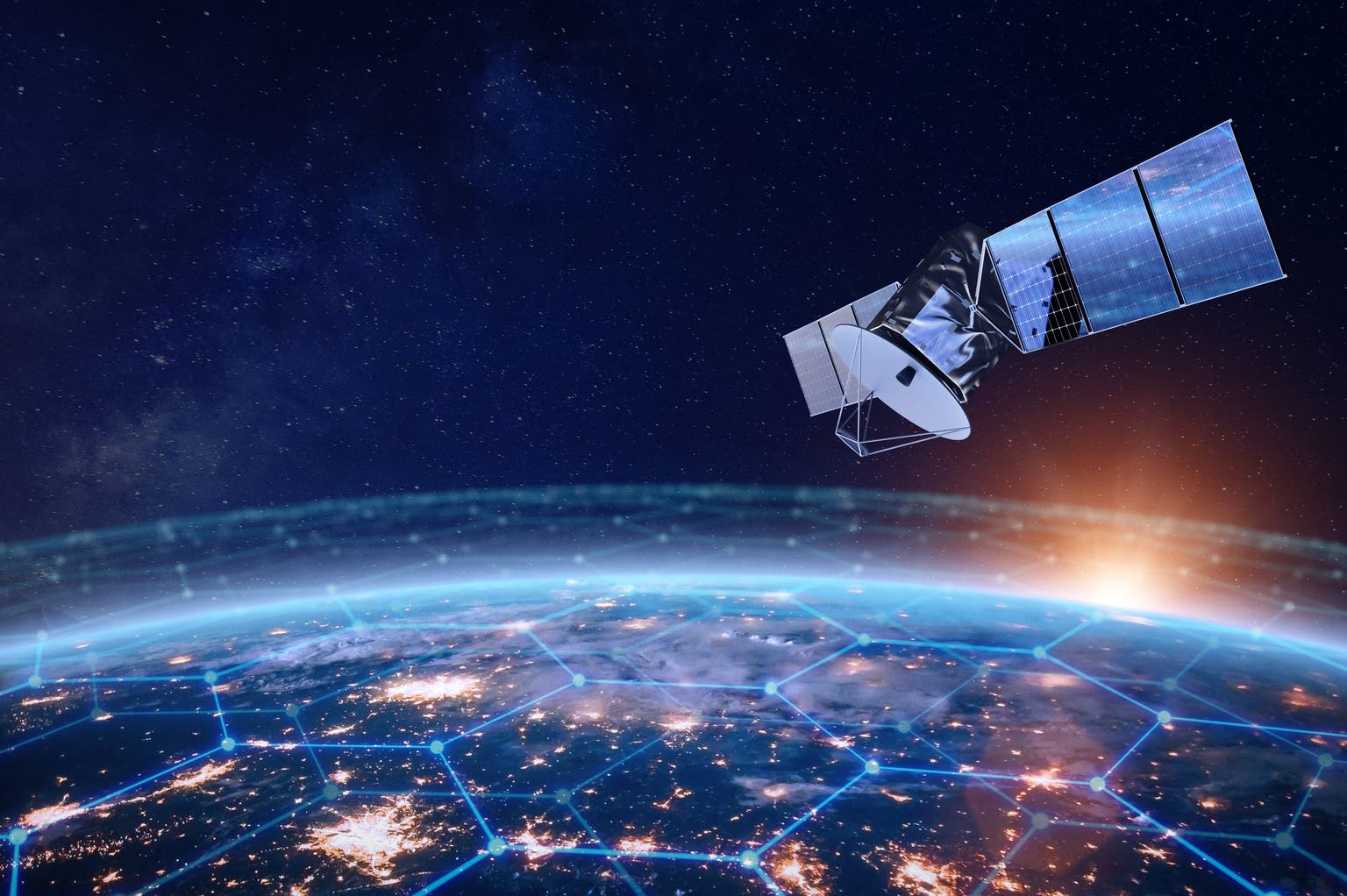Revolutionary Nuclear Waste Storage: Startup Uses Fracking Tech for Safe, Long-Term Disposal

The looming challenge of nuclear waste disposal has plagued the world for decades. Current storage solutions are often temporary, expensive, and raise significant environmental concerns. But a groundbreaking startup, Deep Isolation, is proposing a radical solution: leveraging proven fracking technology to create safe, permanent underground repositories for radioactive materials.
Recently, Deep Isolation secured a remarkable $33 million in funding, a testament to the potential of their innovative approach. This capital will be used to conduct a pivotal field test, a critical step towards demonstrating the feasibility and safety of their system. The test will involve placing non-radioactive materials within a geological formation, mimicking the process of storing nuclear waste and allowing scientists to rigorously assess the site’s integrity and stability.
The Deep Isolation Advantage: Combining Expertise and Technology
Deep Isolation's core concept revolves around utilizing existing deep drilling and geological assessment techniques, refined by the oil and gas industry through decades of fracking operations. However, instead of extracting resources, they aim to create sealed, isolated chambers deep underground to permanently contain nuclear waste. This approach offers several key advantages:
- Deep Geological Stability: The chosen formations are selected for their inherent geological stability, ensuring long-term isolation from the environment.
- Proven Technology: Leveraging established fracking technology reduces development time and cost compared to building entirely new storage solutions.
- Reduced Environmental Impact: Deep Isolation's method aims to minimize surface disruption and potential environmental risks associated with traditional storage methods.
- Cost-Effectiveness: Compared to current interim storage solutions, Deep Isolation’s approach promises a more economically viable long-term solution.
The Field Test: A Crucial Step Forward
The $33 million investment will primarily fund a comprehensive field test in a carefully selected location. This test isn’t just about demonstrating the drilling capabilities but also about validating the entire process, from site selection and borehole construction to backfilling and long-term monitoring. The data gathered from this test will be invaluable in refining the technology and addressing any potential challenges.
The test will involve drilling boreholes into a suitable deep geological formation and placing inert materials within them. Scientists will then monitor the boreholes for signs of leakage, groundwater contamination, or structural instability. This rigorous testing process is designed to provide confidence in the long-term safety and effectiveness of Deep Isolation’s approach.
Addressing the Nuclear Waste Challenge
The global accumulation of nuclear waste is a pressing issue that demands innovative solutions. Traditional approaches, like storing waste in temporary surface facilities or shallow geological repositories, are not sustainable in the long run. Deep Isolation’s technology offers a promising alternative – a permanent, secure, and potentially more cost-effective way to manage this hazardous material.
While challenges remain, the successful execution of the field test and continued investment in this technology could revolutionize nuclear waste management and contribute to a cleaner, safer future. The world is watching Deep Isolation's progress with considerable interest, hoping that their innovative approach can finally provide a definitive solution to this long-standing global problem.






